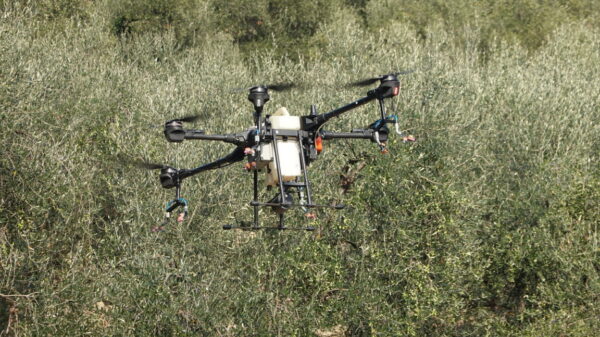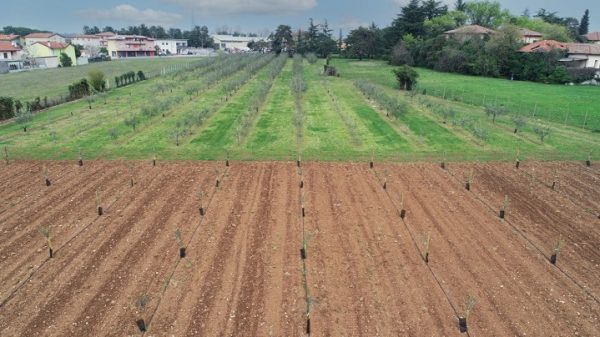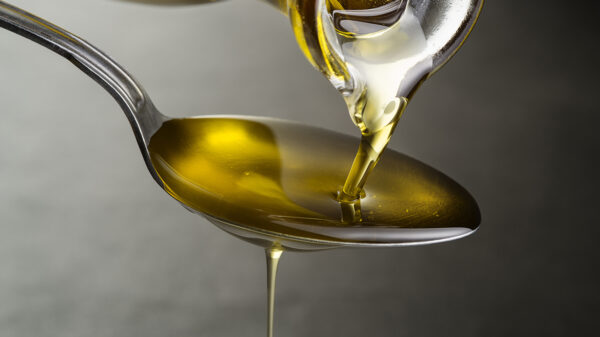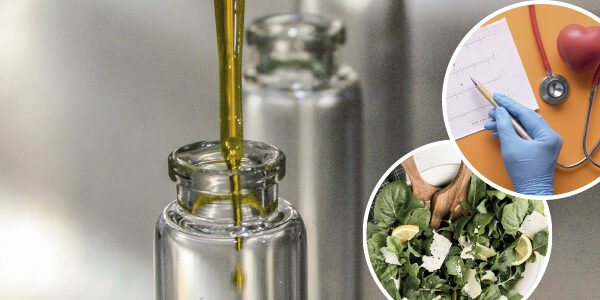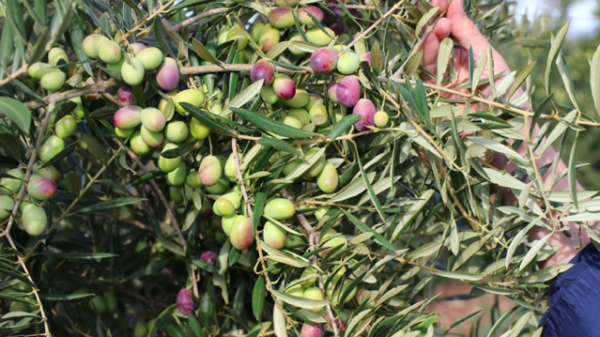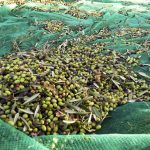The effectiveness of extra virgin olive oil against diabetes is also confirmed by a study by researchers from the Italian Society of Diabetology (Sid) published in 'Diabetes Care', the magazine of American diabetologists. According to this study, Evo reduces surges in blood sugar levels after meals and can therefore help protect against the cardiovascular and microvascular complications of diabetes.
Using, seasoning or cooking foods with olive oil helps contain blood sugar spikes after meals in people with type 1 diabetes. The study was conducted by Giovanni Annuzzi e Lutgarda Sketch of the group of Gabriele Riccardi, past president of Sid, and of Angela Rivellese of the Federico II University of Naples. This all-Italian research demonstrates that adding olive oil to foods reduces the glycemic index of meals, i.e. the post-prandial surges in blood sugar, and can thus contribute to protecting patients from the cardiovascular and microvascular complications of diabetes.
“This publication demonstrates once again how the work of Italian researchers in the diabetes area is appreciated by the international scientific community – he underlined Enzo Bonora, president of Sid – In the last year, Sid researchers have published over 500 papers in the most prestigious international journals”.
Diabetologists have enrolled 13 patients with type 1 diabetes (8 women and 5 men), all being treated with an insulin pump and subjected to continuous blood glucose monitoring with a portable sensor (CGM). Meals with a high glycemic index cause a greater and earlier increase in blood sugar than those with a low glycemic index. However, the relevant novelty of the study of the Italian Society of Diabetology was that, in the context of high glycemic index meals, the addition of extra virgin olive oil attenuated the post-prandial blood sugar peak observed with both the butter and low-fat meals.
"The beneficial effects of extra virgin olive oil on cardiovascular risk factors, and in particular on cholesterol levels, blood pressure, the accumulation of fat in the liver, and the use of glucose in the muscles – explained Angela Rivellese – they mainly depend on the type of fats contained in it, largely unsaturated, unlike those contained in butter, cream, cheeses and fatty meats which are predominantly saturated. However, extra virgin olive oil also contains other bioactive compounds, such as polyphenols, which are substances with high antioxidant power which help prevent atherosclerosis and contribute to the many healthy effects of extra virgin olive oil, including good blood sugar control after meals”.
“The results of this study were obtained in diabetic patients under insulin treatment – underlined Riccardi – However, it is likely that similar benefits can also be obtained in those who are being treated with other drugs or even with diet alone, since the presence high blood sugar peaks after meals represents a general characteristic of diabetic disease, not easily controlled with therapy. Therefore, one or two tablespoons of extra virgin olive oil with meals - without exaggerating as it too, like all fats, is highly energetic - can help moderate blood sugar levels without having to excessively limit foods that contain carbohydrates, even those such as bread , rice, polenta and potatoes which have a higher glycemic index".
Browse for free l'Olivo News click , here



